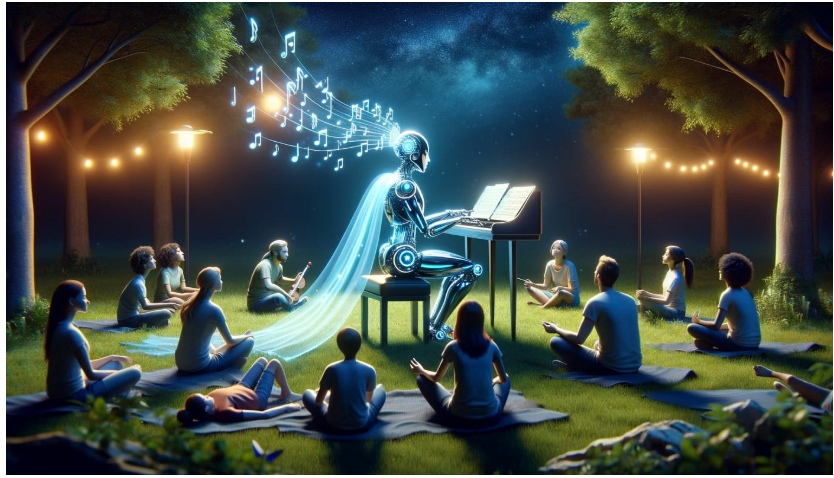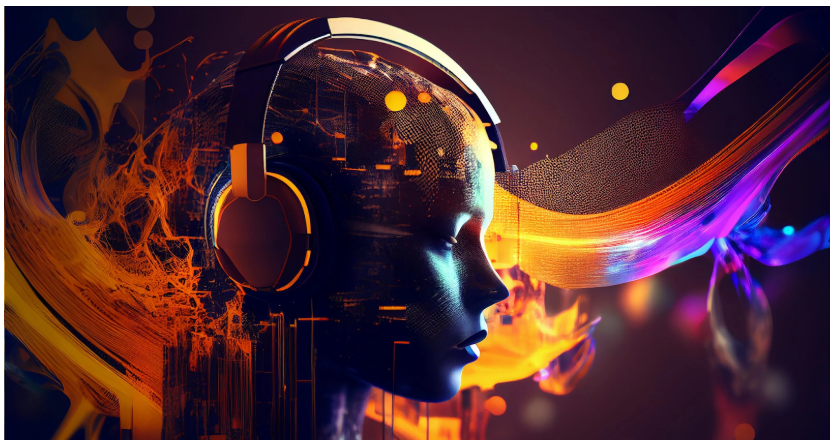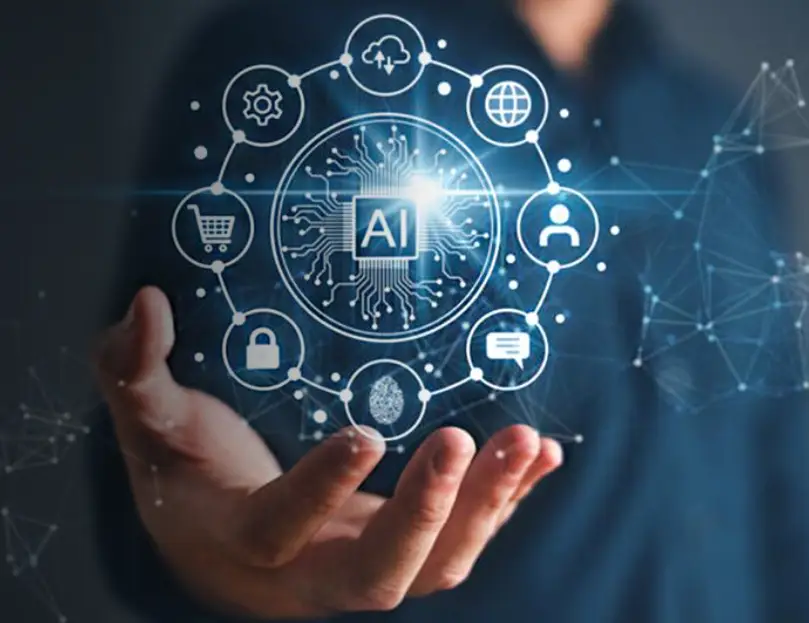AI in Music
Artificial Intelligence (AI) is revolutionizing the music industry by enabling machines to assist in the creation, production, and distribution of music. From composing original melodies to mastering audio tracks, AI has become an influential tool for musicians, producers, and music enthusiasts. Its integration into music-making processes offers both creative possibilities and practical efficiencies.
Understanding AI in Music
AI in music primarily involves the use of machine learning algorithms and neural networks to analyze, generate, and manipulate musical content. These systems learn patterns from large datasets of music and then apply that knowledge to create new compositions, identify genres, recommend songs, or even generate lyrics.
AI-Generated Composition
One of the most notable uses of AI in music is composition. AI tools can create melodies, harmonies, and rhythms in various styles and genres. For instance, applications like AIVA, Amper Music, and Google’s Magenta project can produce original music based on user input or learned data. These tools allow artists to explore new sounds and ideas quickly.
Music Production and Mixing
AI is also used in music production for tasks such as mixing, mastering, and sound design. AI-driven platforms can analyze audio tracks and apply optimal EQ settings, compression, and reverb. This reduces the time required for post-production and ensures professional-sounding results, even for beginners.
Personalized Music Recommendations
Streaming services like Spotify and Apple Music use AI to recommend music tailored to individual listeners. These platforms analyze user behavior, such as listening history and preferences, to curate playlists and suggest new songs. This enhances the user experience and helps artists reach broader audiences.
AI in Lyric Writing and Vocal Synthesis
AI is now capable of generating song lyrics and even simulating human-like vocals. Tools like OpenAI’s Jukebox and Yamaha’s VOCALOID can create realistic singing voices and assist songwriters in crafting lyrics that match specific moods or themes. This opens up new creative avenues for artists.
Ethical Considerations and Challenges
Despite its advantages, the use of AI in music raises ethical questions. Issues such as copyright infringement, the originality of AI-generated content, and the potential displacement of human musicians are topics of ongoing debate. Balancing creativity with technological advancement is essential to ensure that AI complements rather than replaces human artistry.
The Future of AI in Music
As AI technology evolves, its role in the music industry is expected to expand. Future developments may include more advanced real-time collaboration between AI and artists, improved emotion detection in music creation, and greater personalization in music experiences. The synergy between human creativity and machine intelligence holds immense potential for the future of music.







Leave feedback about this